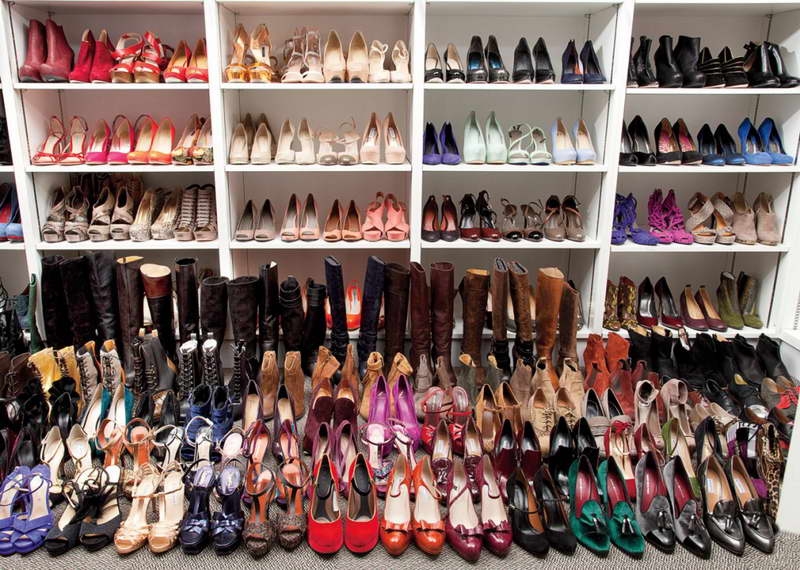
If you want to get a lot of people’s attention, tell them how they can get “more.” More what? Fame. Money. Power. Influence. Hair. Bandwidth. Page views. Productivity. Fans. Followers. Downloads. Apps. Kardashians. Fast food for a buck. Pretty much anything … except maybe gray hair and wrinkles.
We’ve somehow been trained to see “more” as better, but it’s not. More is addictive, expensive, distracting, time consuming, selfish, and greedy. Obsessively seeking more is destructive. And more often than not, if your goal is more, the result is less.
For example, children are great, but after two or three, you sort of reach diminishing returns. The same goes for friends and pets. At some point the quality of your relationships starts to decline.
The same is true of vehicles, properties, and possessions. It isn’t long before possessions start to possess you.
In technology, we call customers users, but at some point – in terms of gadgets, apps, subscriptions, and of course, ads – the user is the one being used. At some point the tech consumes you. It consumes your time, attention, and money.
The biggest wine, beer, soft drink, and food manufacturers in the world sell a lot more stuff than their competitors and make money doing it, but in general, if you consume it, you’re consuming garbage.
There’s an enormously popular trend in entrepreneurship, if you can call it that. People are opting for more gigs, titles, freelance jobs, and streams of income. The theory is that it’ll all add up to something or eventually something will pop. But the concept is remarkably flawed.
The way to become successful is to strive to be the best at something and invest in its growth. The more focused and disciplined you are, the better your chances. It may take a while to figure out what to focus on, but casting an enormous net and dabbling in this and that isn’t how you do it.
Rather, work at a good company in a growth industry and strive to be the best at what you do while remaining open to new relationships, opportunities, and ideas. You can always adapt and pivot. But spreading yourself too thin and doing more and more is never a smart strategy.
Apple CEO Tim Cook put a fine point on the problem with “more” in a Fast Company interview last year. He’s talking about Steve Jobs’ legacy at Apple, but the philosophy applies to nearly every aspect of life:
Steve [Jobs] felt that most people live in a small box. They think they can’t influence or change things a lot. I think he would probably call that a limited life. And more than anybody I’ve ever met, Steve never accepted that.
He got each of us [his top executives] to reject that philosophy. If you can do that, then you can change things. If you embrace that the things that you can do are limitless, you can put your ding in the universe. You can change the world.
That was the huge arc of his life, the common thread. That’s what drove him to have big ideas. Through his actions, way more than any preaching, he embedded this nonacceptance of the status quo into the company.
Several other things are a consequence of that philosophy, starting with a maniacal focus to make the best products in the world.
There’s this thing in technology, almost a disease, where the definition of success is making the most. How many clicks did you get, how many active users do you have, how many units did you sell? Everybody in technology seems to want big numbers. Steve never got carried away with that. He focused on making the best.
The irony is that Apple became the biggest company in the world in terms of market value, not by making the most, but by making the best. Who would have thought so many people around the world would pay a premium for the best products? Go figure.
Let’s not overcomplicate things, folks. We all want to live a good life. We all want accomplishments we can be proud of. We all want to be fulfilled. We all want to be successful. Well, that comes from focusing on doing what you love and striving to be the best at it.
The further afield you get from that, the more scattered, complex, and unwieldy life becomes. Our obsession with “more” is a growing cultural trend with tragic consequences. Don’t allow it to draw you in.